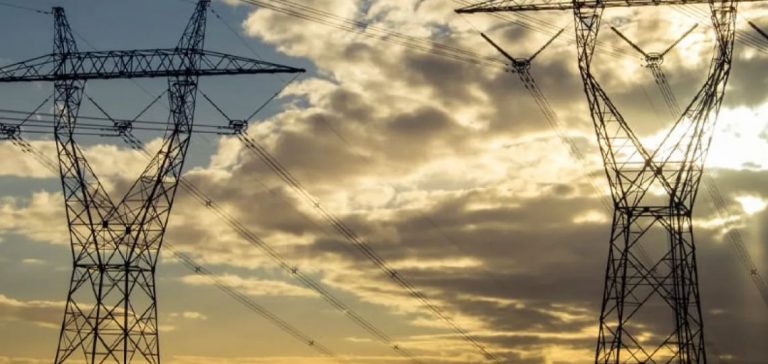The Energy Regulatory Commission (CRE) has highlighted eight gas and electricity suppliers who have refused to adopt the thirteen guidelines aimed at strengthening transparency and consumer protection. These principles were established to ensure that offers are clear and understandable, in a context of price volatility and growing distrust toward market players.
Objectives of the CRE’s Guidelines
The CRE’s thirteen directives are specifically designed to improve contract clarity, limit sudden price increases, and promptly alert consumers in the event of a tariff change. These transparency measures include standardizing information displayed by suppliers to make comparisons between offers simpler and fairer. According to the CRE, this will help restore trust in a sector marked by abusive practices.
Suppliers Under Scrutiny
Dyneff, Enercoop, Energies d’ici, GEG sources d’énergie, MyLightSystems, Papernest Energie, Sagiterre (chez Switch), and Wekiwi are the companies that declined the CRE’s invitation to comply with these new guidelines. The regulator expressed disappointment over this opposition, noting that these suppliers represent a significant minority that could undermine the overall objective of greater transparency in the market.
The “Name and Shame” Strategy in Action
To pressure these actors to comply, the CRE has employed a “name and shame” method. By publishing the list of non-compliant suppliers, the regulator hopes to exert enough pressure to change their stance. This approach, already used in other sectors, aims to influence the reputation of the companies concerned, thereby pushing them to join their competitors who have accepted the transparency rules.
Towards a Legislative Obligation?
Although the CRE favors voluntary adherence, it emphasized the need to make these practices legally binding to ensure equal protection for all consumers. According to the regulator, only legislative intervention could eliminate the remaining resistance and impose a transparent, fair, and sustainable framework for the entire energy sector.






















